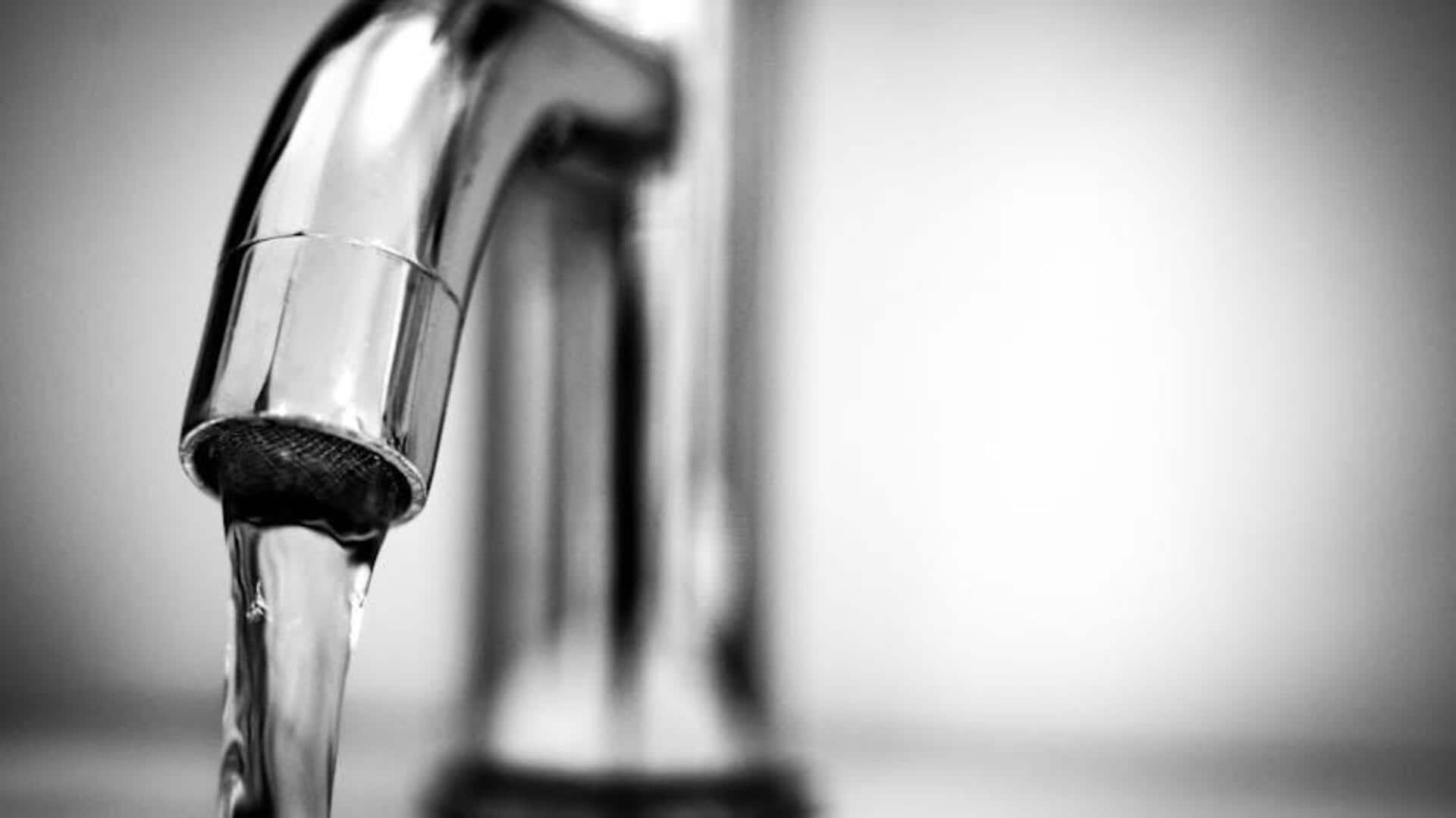
Master African tap water purification techniques like a pro
What's the story
Access to clean drinking water is a basic human right, but it's still a huge issue in many parts of Africa. This article focuses on easy and efficient ways to purify tap water that everyone can implement, no matter where they are on the continent. By learning and applying these methods, people can guarantee healthier drinking water for themselves and their loved ones.
Boil
Boiling: The time-tested method
Boiling is the most ancient and simplest method of purification. Just bring water to a rolling boil for a minimum of one minute to eliminate bacteria, viruses, and parasites. In high-altitude areas (over 2,000 meters), extend boiling to three minutes because the boiling point decreases at higher altitudes. All you need is a heat source and a pot.
Sodis
Solar disinfection: Harnessing the sun
Solar disinfection (SODIS) is a cheap and green method that utilizes sunlight to enhance the quality of water. Clear plastic bottles are filled with tap water and then exposed to direct sunlight for six hours or two days in case of a cloudy sky. The sun's ultraviolet rays eliminate disease-causing pathogens present in the water. This technique is most effective with transparent bottles and in areas with intense sunlight.
Chlorinate
Chemical disinfection: A quick fix
Adding chlorine-based tablets or drops to tap water effectively eliminates microorganisms. Ensure you follow the product label's instructions for dosage accurately, based on the volume of water. Allow the water to stand for a minimum of 30 minutes following chlorination before usage. While effective, this method may leave a mild taste or odor in the water, which some people find unpalatable.
Filter
Filtration systems: Advanced solutions
If you're looking for something more advanced, there are plenty of filtration systems out there that can tackle everything from sediments to bacteria and even viruses. Ceramic filters, charcoal filters (aka activated carbon), and reverse osmosis systems are some of the top picks. Prices range from basic filtered pitchers to fancy under-sink setups.
Settle
Sedimentation: Letting nature do the work
You let the water sit in a container for a while so the heavy particles sink to the bottom, then you pour off the clearer water on top. You can add stuff like alum to make the particles clump together and settle faster. Sedimentation doesn't get rid of microbes, but it can help clear up the water before you use other methods.